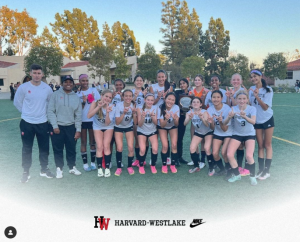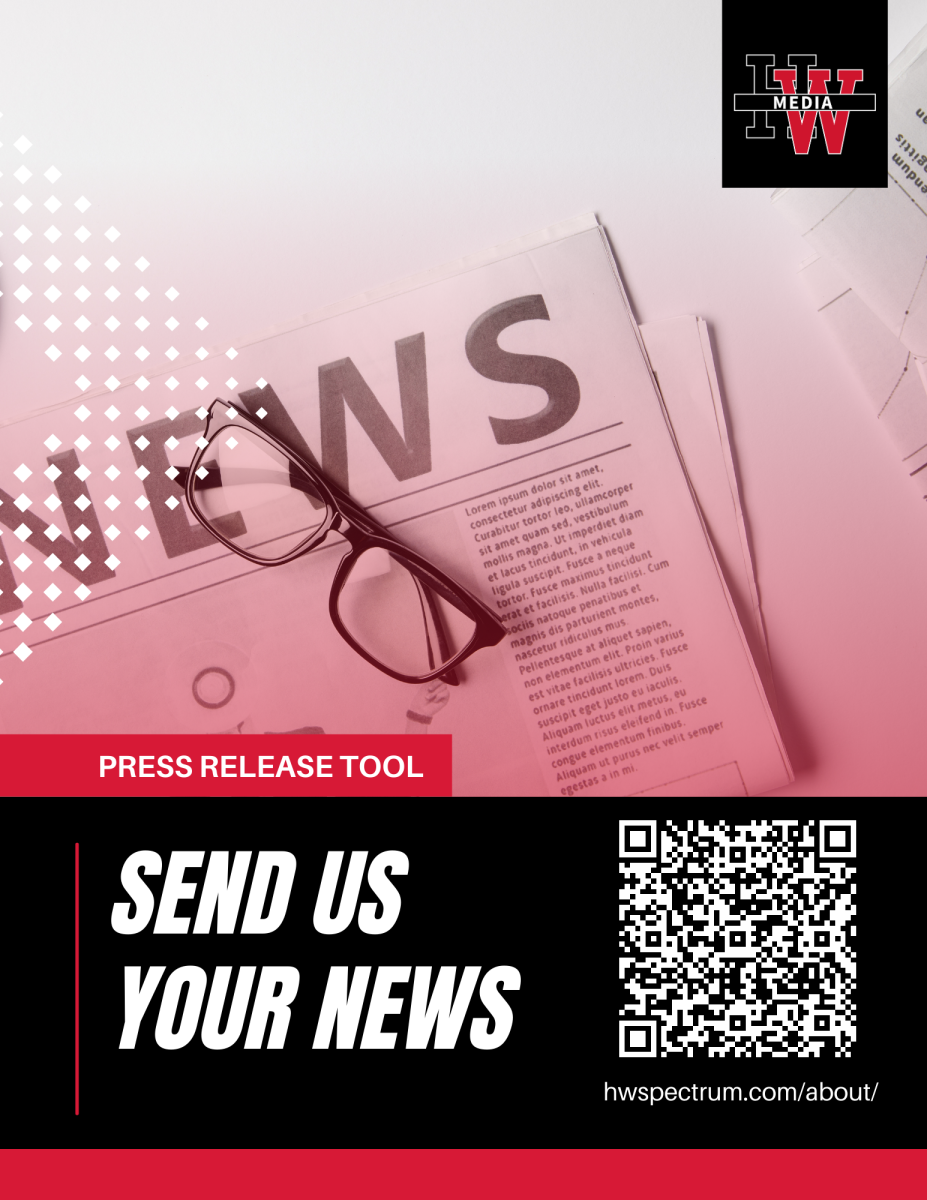“Us,” a horror-comedy with undertones of societal commentary, is an archetypal film for its director, Jordan Peele. Embodying both his strengths and weaknesses, “Us” reveals Peele as a wonderful comedy writer and horror director. However, “Us” suffers from not being able to effectively transition from one tone to another and its discomfort with ambiguity.
“Us” is about a family on vacation whose peaceful lives are disrupted by the unexpected appearance of their doubles. The film is similar thematically to Peele’s previous film, “Get Out,” in that it starts out as a comedy before descending rather rapidly into horror.
The tonal shift from comedy to horror, while necessary for the film to work, is handled poorly. Peele’s inability to make that shift, which is scary funny or the converse, is clearer than ever in “Us,” as the movie shifts rapidly from comedy to horror, drawing very little middle ground between the two. The problem with this is that it misses out on a crucial opportunity to create suspense. Without any of the real buildup needed for the audience to predict the awful events to follow, “Us” causes its second half to be significantly less effective by making it more shocking than scary.
The second problem is Peele’s preference for explanation over ambiguity. For most of the film, Peele only hints towards what is happening. However, toward the end, he explains it all through the most loved of cinematic tools: monologue. Not only is the monologue a cliched and dull transplant from the inherently different world of the theatre, the very idea behind the monologue is flawed. By explaining everything that has happened previously, Peele negatively affects the overall film in two ways. First, the idea that the monologue is even needed is flawed. All that the monologue accomplishes is a destruction of the previously sustained ambiguity within the film. By hinting at how the film’s universe works, Peele makes the audience constantly curious. We are just confused enough to wonder and theorize on our own. The monologue disrupts this by creating precise and certain rules without any room for speculation.
Secondly, this problem is exacerbated by his attempts to explain how the film’s universe works. That would be okay if his world were well constructed, but unfortunately it’s not: It’s implausible, filled with internal contradictions and quite confusing to boot. This problem doesn’t much matter throughout most of the film, but in tying up the plot’s loose ends, Peele only emphasizes its implausibility.
In destroying both suspense and ambiguity, Peele substantially reduces the movie’s ability to create fear. The most successful way to create fear in an audience is by using our imaginations, not the filmmaker’s own. By leaving certain things open, the audience can create our own fear; we will inherently create a story in our minds as to what has happened and what will happen.
Furthermore, our own imagined stories are more likely to scare us than any explanation the director makes himself: the audience knows better than the filmmaker what interests us and what scares us, and these are more likely to show up in our own imaginations than in the filmmaker’s. Ambiguity forces us to imagine what has happened, and suspense forces us to imagine what will. Peele actively prevents the creation of either.
Without these two key elements of horror, we are left without anything to connect to that most creative of emotions. Instead, by authoritatively disclosing precisely what has been happening and by not allowing the audience to wonder what will happen, Peele has caused the initially promising “Us” to be a massive misfire. In attempting to create fear, ultimately all Peele delivers to “Us” is boredom.










